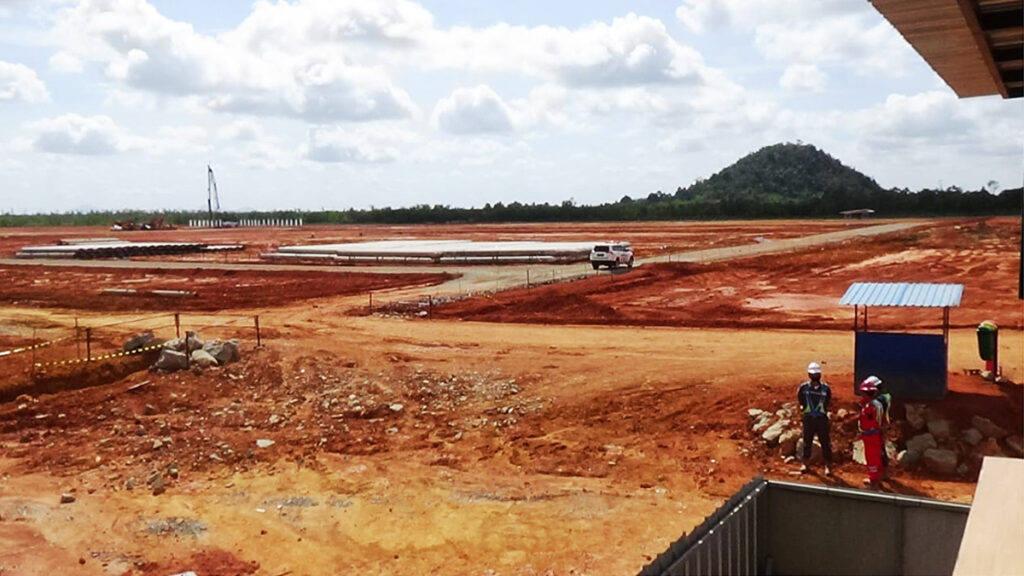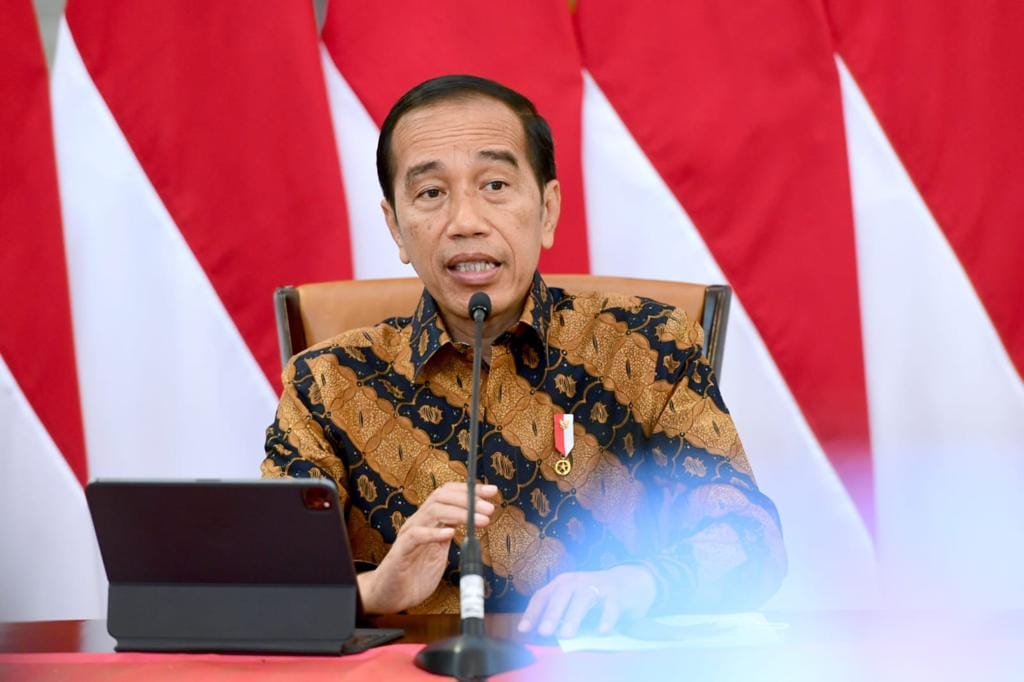
Indonesian President Joko Widodo (Jokowi)’s declaration of the country’s bauxite ban from June 2023 was widely seen by many observers as an attempt by the government to ensure higher national sovereignty in processing these raw materials. This decision is the latest from the Indonesian government’s attempt to ban the export of raw materials, starting with the ban of nickel export in January 2020.
Considering the increasingly high value of bauxite in the production of many things in our lives, it is rather understandable why the ban was finally enacted.
Why Bauxite is Always a Trending Raw Material
To understand why bauxite export is finally banned from Indonesia, it is important for us to know about its importance in industrial activities – and beyond.
For starters, bauxite is currently known as the best and only reliable material to produce aluminum. As such, modern industries continue to use this material in producing aircraft spare parts, electronic conductors, food-processing tools, and materials for making new buildings.
Based on data gathered by Statista, Indonesia takes the spot as the country with the sixth-largest bauxite deposits in 2022. Within the country, bauxite deposits can be discovered in provinces such as West and Central Java, Central and South Sulawesi, and North Maluku.
This makes Indonesia one of the biggest industry player in terms of export and import of precious raw bauxite materials.
What Bauxite is Good For
In the previous section, we have covered the importance of bauxite for industrial productions. But it turns out that bauxite’s uses are far more varied and widespread than that.

While explaining every single nook and cranny behind the use of bauxite to create products of our daily lives can be quite lengthy, it is safe to say that bauxite has its uses in the metallurgy, chemical, refractory, abrasive, cement, absorbent, and steel industries.
An interesting fact about bauxite is its capability to stabilize the existing elements and substances used in the aforementioned products and to strengthen the products’ overall longevity.
For example, high alumina cement that combines both bauxite and limestone is famous for its rapid setting time and its ability to fully harden after 24 hours. While the quality itself is admirable enough, the cement is also highly resistant to corrosion, making bauxite-derived cement widely used in building tunnels and other sensitive infrastructure.
Because of these attributes, the race for procuring as much bauxite raw materials as possible for national production becomes increasingly competitive in the 21st century.
Economic Significance of Bauxite for Indonesia

When reflecting upon the Indonesian government’s success in utilizing raw nickel materials for the development of its economy, observers see that the new Indonesia bauxite ban is intended to replicate that success.
When the nickel ban was introduced, in his own words, Jokowi stated that his government wishes to create more jobs for Indonesians and to elevate the country’s status into a developed country. As the next step to nationalize the use and export of sensitive raw materials, bauxite is the latest material in the downstream policy to ensure Indonesia’s capability to generate wealth from the national industries instead from selling them to foreign countries.
Thus far, Indonesia has managed to generate a wealth of USD 1.1 billion alone from the downstream of its nickel export. With the ability to generate up to 50,000 job openings from the nationalization of nickel resources, the Indonesian government forecasted that a similar amount of wealth and job openings can be generated from preventing the export of bauxite.
Would Bauxite do the Same?

While the exact amount of wealth and job openings that can be generated from the Indonesia bauxite ban is still in the realm of imagination, we can at least estimate how profitable the ban will be for Indonesia as a whole.
As the fledgling electronic vehicles (EV) industry in Indonesia is slowly gaining ground and priority from the government, the ban of bauxite export will give Indonesia an edge in gaining raw materials to produce EVs. In this regard, nickel is used to create reliable lithium batteries, while aluminum from bauxite can make the EVs lightweight but strong enough to be used in any kind of terrain and condition.
Combined, Jokowi estimated that Indonesia’s domestic industries will reap about IDR 62 trillion of profit in developing not only the nascent EV industry but also other industries that rely on the use of bauxite in manufacturing their products. The Indonesian president expressed his hope that from this profit and through downstreaming, more job openings can be generated to improve the Indonesian people’s welfare.
Conclusion
At a time when raw materials are becoming highly sought-after to drive ever-expanding national and international industries, the Indonesian bauxite ban is the latest attempt by its government to ensure that the nation has a better say in utilizing its natural resources. While the positive effects of this ban are yet to be seen, one must pay mind to how the ban will improve the welfare of Indonesia and impact the country’s relations with partner countries.
Article by : Rizqi Wisnu Mauludino